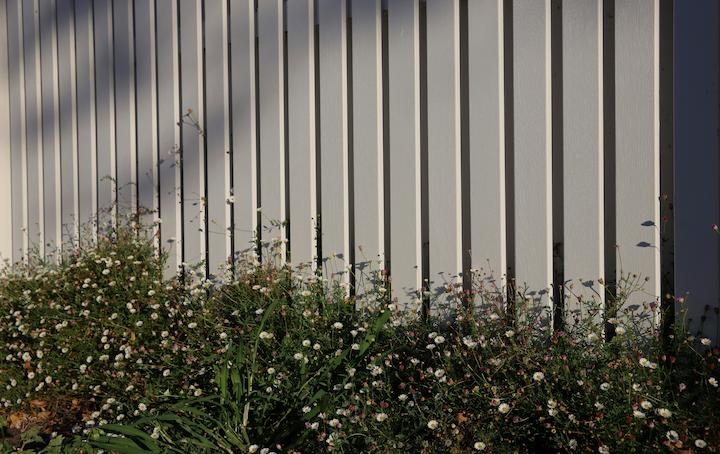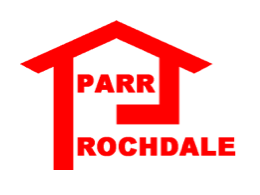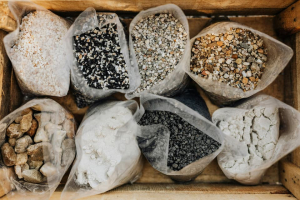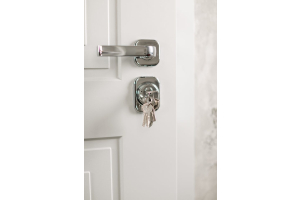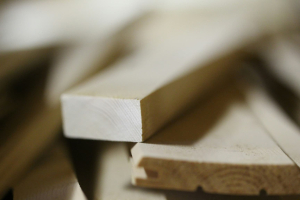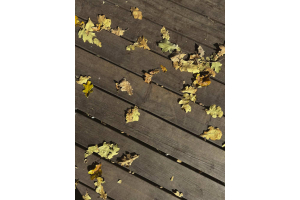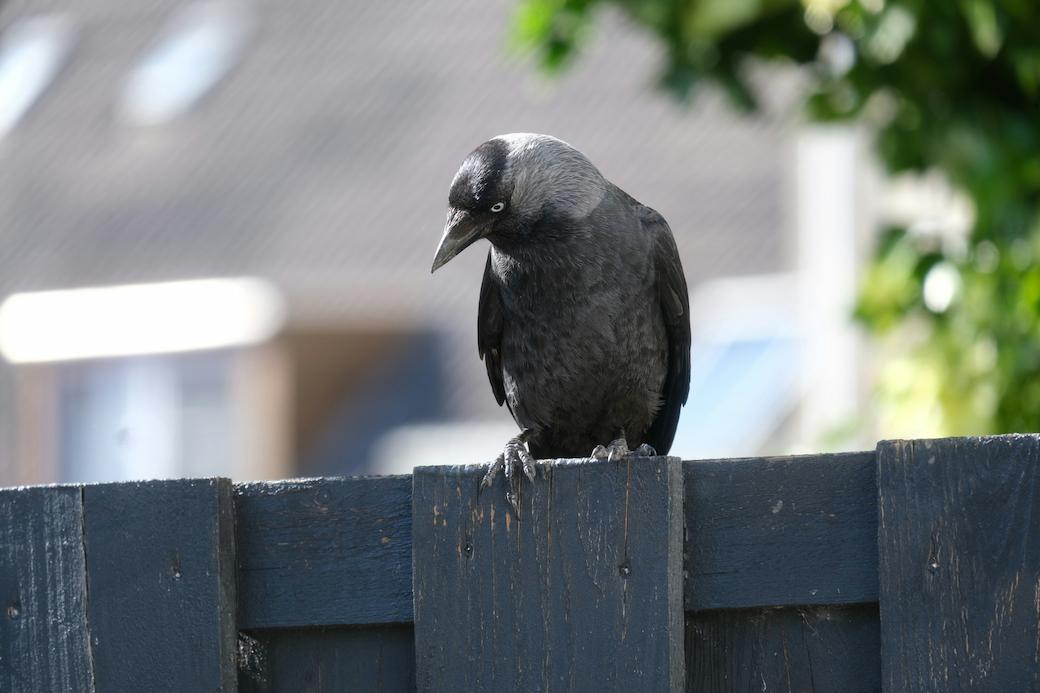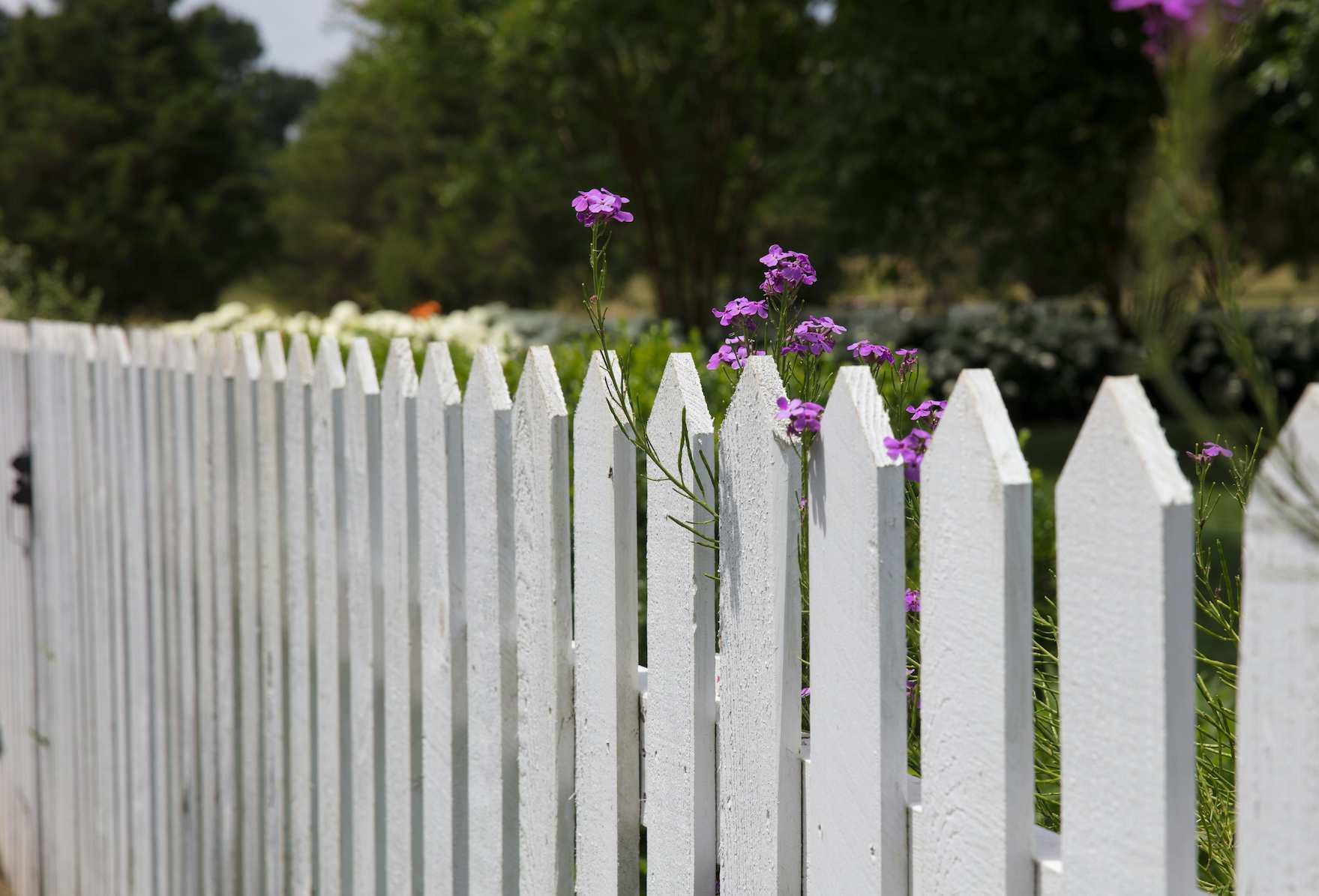
If you’re keen to take up a DIY landscaping project and are wondering how to build a garden fence, this guide should give you the know-how to get things started.
Building your own fence is a great way to get into landscaping, as it isn’t quite as complicated as installing decking, but it is still crucial to get it right.
From the right timber stock to ensuring your foundations are strong, going wrong early could lead to a tricky process down the road.
With that covered, let's get into the details of how to build a fence by yourself.
DIY Garden Project Tools, Equipment, and Materials
Material / Item | Purpose / Notes | Priority |
Fence panels or boards | Core structure of the fence | Must Have |
Fence posts | Provides support and structure | Must Have |
Concrete or post mix | Secures posts into the ground | Must Have |
Screws or nails | Fastening panels and supports | Must Have |
Post level or spirit level | Ensures posts and panels are straight | Must Have |
Tape measure | Accurate spacing and planning | Must Have |
Saw (hand or power) | Cutting wood to size | Must Have |
Drill or screwdriver | Driving screws or drilling pilot holes | Must Have |
Shovel or post hole digger | Digging holes for fence posts | Must Have |
String line + stakes | Helps with alignment and spacing | Should Have |
Gravel board | Protects wood from ground moisture | Should Have |
Protective wood stain | Increases lifespan and improves appearance | Should Have |
Gravel or small stones | Drainage at base of post holes | Should Have |
Clamps | Helps hold parts in place during assembly | Should Have |
Safety gear (gloves, boots) | Important for personal protection | Should Have |
Hammer | Useful for positioning or small adjustments | Should Have |
Spare wood (offcuts) | Bracing or adjusting post height while setting | Should Have |
Decorative post caps | Aesthetic finish and helps protect post tops | Can Have |
Trellis panels or toppers | Decorative and good for climbing plants | Can Have |
Digging bar or breaker bar | Makes tough ground work easier | Can Have |
Setting Fence Posts
The first thing you’ll need to do is set your fence posts.
To do this, you should use string lines and stakes to mark the boundaries (more on boundaries later) of your fence, and from there you can dig out holes for your posts.
The holes should be roughly 600mm (2 feet) deep; you can then put your post into the hole and brace it in a perfectly vertical position using stakes and a spirit level.
From there you can add post mix or concrete which will take around 24–48 hours to cure. To ensure this process goes smoothly, aim for a clear forecast when you set your fence posts.
How To Build A Vertical Slat Fence
Once your posts are secure, you can begin fixing the vertical slats or panels. Before you get started, it’s easier to treat your wood before and after installation to protect against rot.
For DIYers, we recommend panels as it doesn’t involve the additional marking and spacing work required when you’re building a fence slat by slat.
We have several panels available, covering most standard sizes so you will be able to find something for your garden’s needs with us.
If your posts are vertical and secure, the fixing of the fence will simply involve attaching the panels using a drill and wood screws. Wear gloves and goggles when cutting or drilling wood.
Tip: Check twice and do it once! Keep checking your fence using the spirit level as you go.
If you have decided on a slat by slat approach remember to leave expansion gaps as wood can expand and contract, we recommend leaving a 3–5mm gap between slats.
You can add a top rail for extra support and a neater finish.
This style offers good privacy and a traditional look.
How To Build A Horizontal Slat Fence
A horizontal slat fence offers a more contemporary look and if you are going for a panel based approach, you’ll be pleased to know that the process is exactly as above.
If you are going slat-by-slat you should:
Fix horizontal supports between posts first (top, middle, and bottom).
Use a baton or wedge to maintain a uniform gap between slats.
Start from the bottom up, fixing slats to the support battens as you go.
Again, ensure all slats are level as slight deviations are more noticeable on horizontal fences.
How Much To Build A Fence
The cost of building a garden fence will vary depending on the style, materials, and length. Here's a rough breakdown:
A basic vertical panel fence will cost £50–£80 per metre and a horizontal slat fence will cost £70–£120 per metre.
Concrete posts, gravel boards, and wood treatments will add to the total cost, but will also improve longevity.
Final Tip: Get The Boundaries Right
Always check with the local council or neighbours if your fence borders a shared space.
You might have to submit a planning application. Planning regulations in Rochdale aren’t overly restrictive, but it is always worth checking.
https://www.rochdale.gov.uk/planning-permission/search-planning-applications
